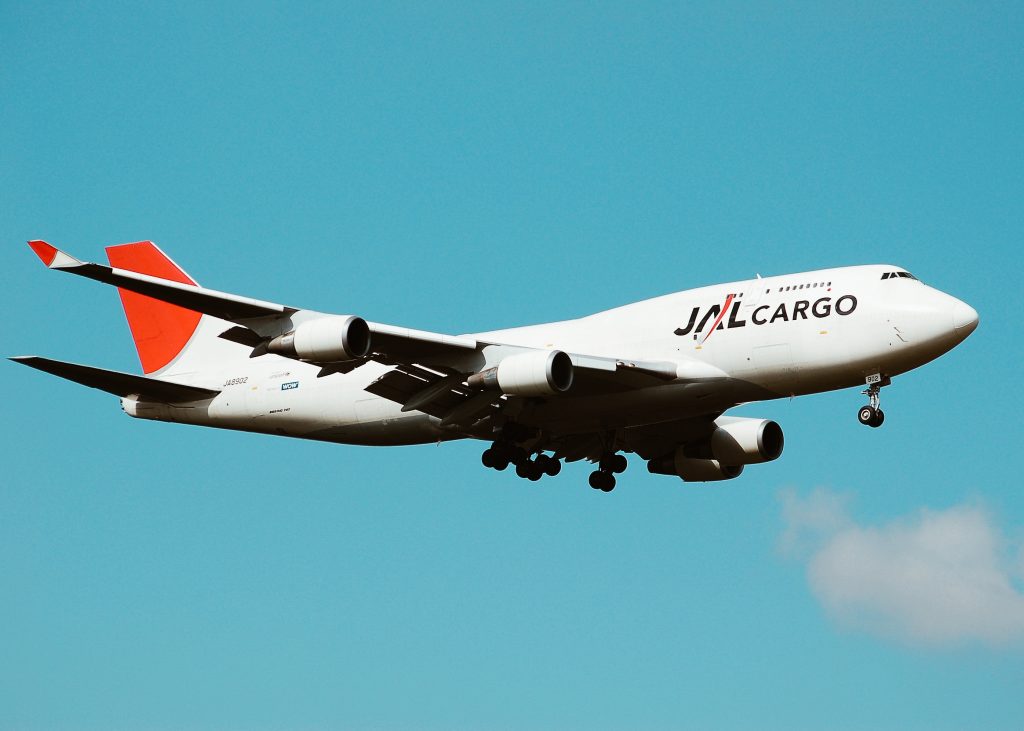Japan Airline (JAL) is planning to re-introduce three Boeing 767-300ER Freighters in its fleet by the end 2023. The airline last flew the B767 freighters in 2010, almost 13 years back. The airline is planning to deploy the three dedicated freighters to East Asia. JAL operated the freighters until 2010 when it retired three B767-300Fs.
JAL operates a 27-strong fleet of passenger-configured B767-300ERs and is planning to convert three of these aircraft.
This cargo operations are a part of its new business model of the airline.
The airline has been consistently efficient in securing revenues in the air cargo business through its flexibility in its operation. Since 2010, the airline has been using space on passenger flights and has been chartering freighters from other airlines.
“With the introduction of the Freighter, a new business model will be established to ensure stable and growing demand. In addition, we will strengthen our air transportation capabilities to meet the logistics needs arising from the ‘2024 issue’ and contribute to solving social issues based on logistics,” the airline said in a statement.
As JAL plans to grow its cargo operations, the airline will focus on building alliances with logistics companies and will operate routes that guarantee stable demand. The carrier said it hopes to capture e-commerce, whether domestic or international, parcel delivery, and other high-growth cargo practices.
JAL also plans to continue utilizing domestic passenger flights to contribute to the growing demand for air cargo. The airline said it hopes to ensure that domestic flights will play a significant role in growing its cargo operation, with added cargo being loaded into space on passenger flights. The carrier also expects business risks caused by demand fluctuations and market conditions to be limited with the additional support from the dedicated cargo 767s.
In addition, JAL hopes its new business model and new freighters will enhance the ratio of aircraft utilization through a hybrid operation of flying domestic and international flights.
"From fiscal 2023, we will begin operating international flights mainly to East Asia, and in the future operate domestic flights to improve aircraft utilization while maximizing the cargo loading ratio. Furthermore, we will respond to customers' needs by flexibly offering charter and non-scheduled flights,” the statement read.

